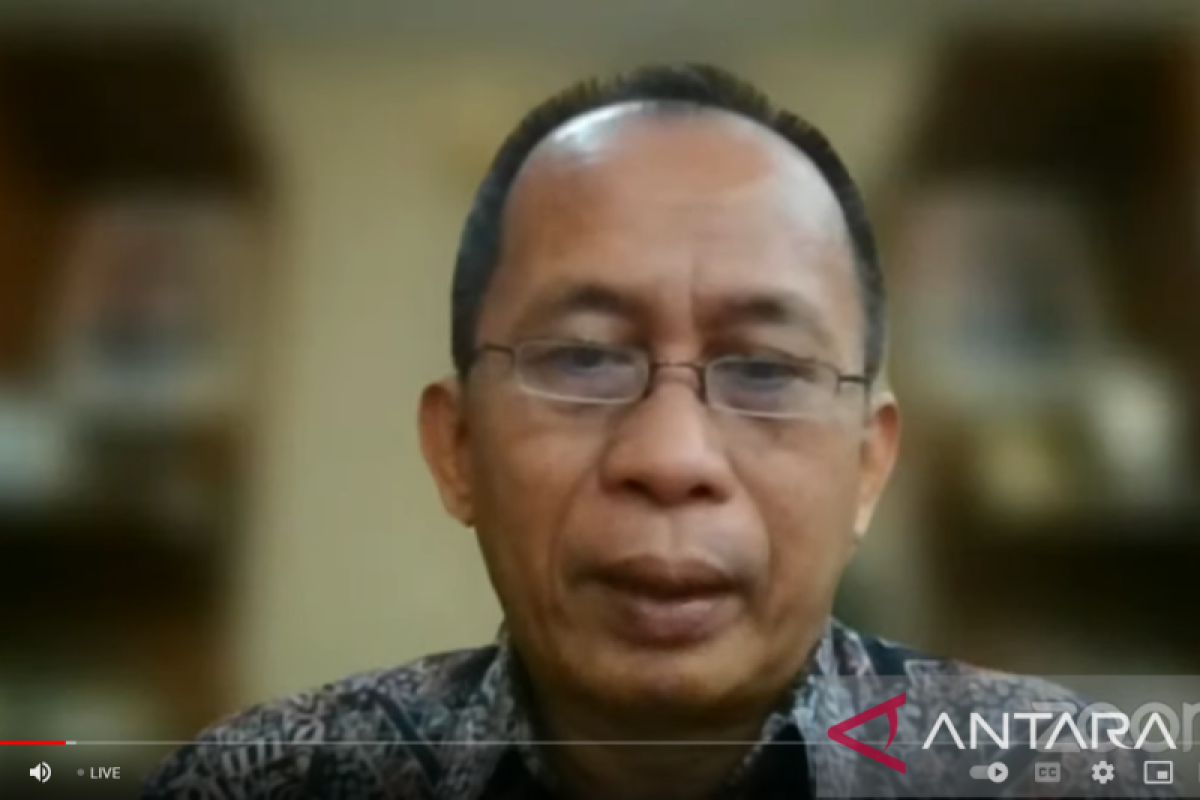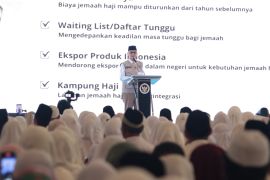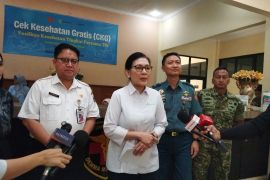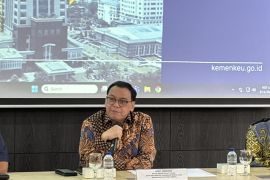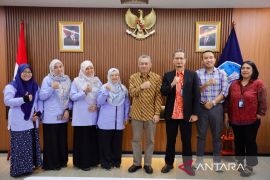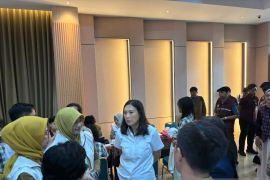"The COVID-19 pandemic has also indirectly made it more difficult for children with autism in Indonesia to enjoy the right to education in formal schools that accommodate their special needs," he noted during a webinar accessed here on Wednesday.
Nahar pointed out that the problems faced by autistic children in education are projected on the basis of the number of children with autism in special schools for the 2020-2021 academic year, which only reached 889 students. The number decreased drastically, from 16,987 students during the 2019-2020 academic year.
Related news: Educators must gain know-how on inclusive education: ministry
Nahar attributed the difficult access to education to the implementation of online learning that most schools apply amid the pandemic.
"Access to education for them is getting more difficult during the pandemic period, as most schools are implementing online learning without close physical interaction between teachers and students," he explained.
Nahar emphasized that children with autism have the right to proper education just like other children, as stated in the law.
"Children with autism or children with special needs have the right to receive proper education and teaching according to their abilities and potential," he remarked.
Nahar affirmed that despite children with autism having behavioral disorders or their behavioral development not being as fast as other children, they need to be offered learning opportunities, so that they can master the ability to live independently when they grow up.
The COVID-19 pandemic first hit Indonesia in March 2020, with the finding of the first COVID-19 case in the country.
According to data from the COVID-19 Handling Task Force, as of February 22, 2022, Indonesia has recorded a total of 5,289,414 COVID-19 cases, 4,593,185 recoveries, and 146,798 deaths.
Related news: London School encourages "parentpreneurship" for autistic children
Translator: Anita Permata, Raka Adji
Editor: Rahmad Nasution
Copyright © ANTARA 2022
